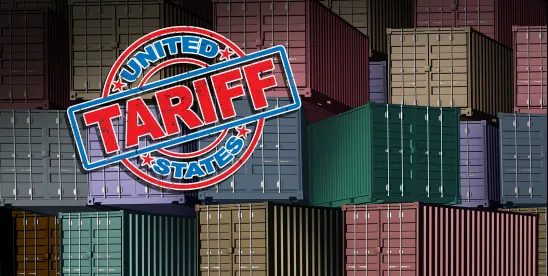In addition to reviewing your commercial contracts for how new or increased tariff costs are allocated, another key area to evaluate is whether either party has the right to terminate the contract. If one party gets upside down on the pricing, the termination rights could provide an escape hatch.
Termination for Convenience and Other Rights to Terminate
Termination for convenience clauses allow one or both parties to walk away, and some suppliers specifically include provisions allowing them to terminate a contract due to cost increases. Therefore, even if the allocation of tariffs is favorable for a party, if the other party has the option to terminate the contract, the parties may ultimately reconvene at the negotiating table in the event of increased tariffs.
Notably, termination rights are not always found in the contract’s “Termination” section—they may appear within other sections, such as those related to pricing adjustments, force majeure, and changes in law.
Effect of Termination Provisions
Finally, when evaluating whether termination is the right move, “effect of termination” provisions should be reviewed. The associated costs—such as cancellation fees or inventory buyouts—could be significant and may outweigh the benefits of walking away.
In addition, depending on the “effect of termination” provisions, the buyer may still be required to purchase products under any order accepted prior to the date of termination, and the supplier may still be required to supply pursuant to any such orders.





 />i
/>i

